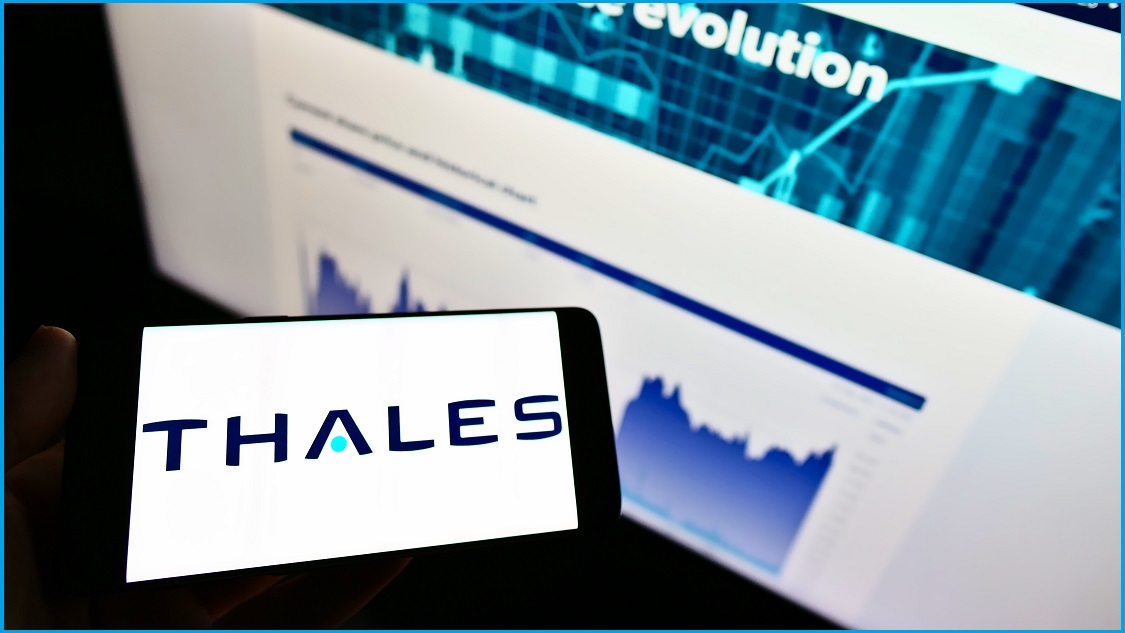ASX-listed cyber security company Tesserent is preparing to sell to French defence giant Thales for $173 million, subject to shareholder and regulatory approval.
The deal was announced to the market on Tuesday with Thales offering a premium on Tesserent’s recent share price.
The Tesserent board and company directors have recommended the deal to shareholders.
Company chair Geoff Lord said the deal was a win-win for investors, customers, and employees, including Tesserent’s 500-strong team of cyber security professionals.
“As a result of the Share Scheme, Tesserent staff are further expected to have increased opportunities to develop new skill sets and access to new networks, including international mobility, to further advance and grow their careers,” he said.
CEO of Thales Australia, Jeff Connolly, said Tesserent is “a highly complementary addition to our global cyber security platform”.
“We are excited by the combination, especially given our collective alignment to advising multiple levels of government, including national defence and clients with critical infrastructure.”
In early 2019, Tesserent set out on what it called “an aggressive acquisition strategy” to accelerate the company’s growth.
The strategy began with the purchase of security advisory firm Rivium for a $3.25m cash and shares deal in July 2019.
Next came PS&C Limited – a firm Tesserent had identified as a competitor – with Tesserent buying Pure Security for $16 million and North Consulting for $5.3 million.
North gave Tesserent a deeper Canberra presence, bolstered by the acquisition’s appointment to the Defence Industry Security Program in June 2020.
The acquisitions continued with Seer Security in July 2020 for $5 million followed by Airloom ($14.8 million) and Ludus ($1.5 million) in August 2020.
For a company that posted total sales revenue of $5.2 million in the 2019 financial year, the acquisition strategy succeeded in growing the business with Tesserent reporting a $96.7 million turnover in 2021.
Yet despite being the ASX’s major cyber security company at a time when the cost of poor security has become more pronounced, Tesserent ultimately failed to attract the kind of investors who would keep its share price ticking up.
Since hitting an all-time-high price of 43c per share in January 2021, Tesserent has seen its value trickle down and is being sold for a price (13c per share) it had on the public market just six months ago.
Speaking to the Financial Review this week, Tesserent CEO Kurt Hansen suggested institutional investors had shied away from his company’s relatively low core earnings and hadn’t been impressed by Tesserent’s aggressive acquisition strategy.
“Some don’t like what they call a roll-up, even though we’ve told them many times that we’re integrating the capabilities of our acquisitions,” he said.










